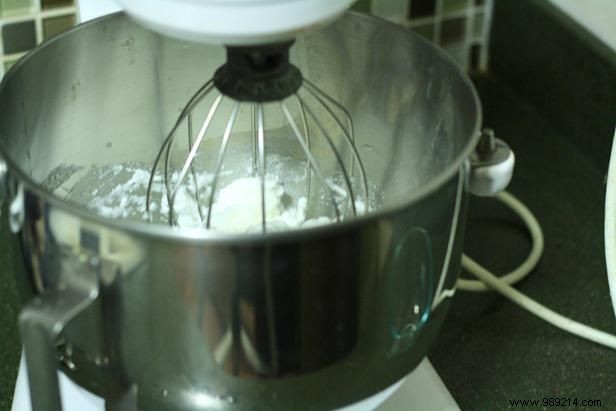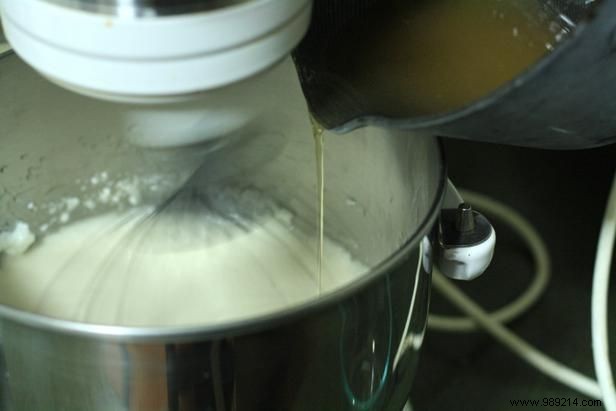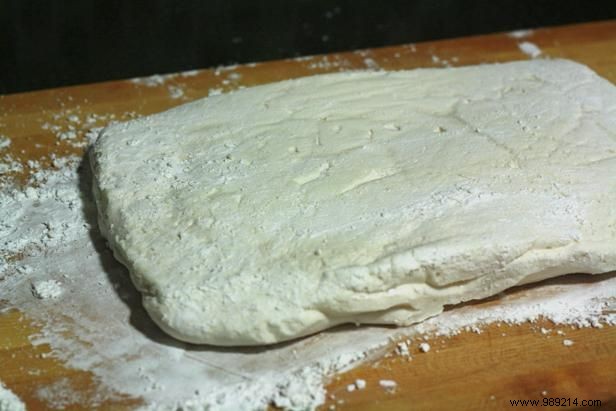In the time of the ancient Egyptians, the confection of honey was a delicacy served to the pharaohs. In 19th-century France, a descendant of the modern marshmallow was used as a medicinal treatment, calming a persistent cough or resolving an upset stomach. The sweet cure-all became popular with confectioners and soon lost its medicinal associations to become a favorite treat throughout Europe.
Today, marshmallows are made with gelatin instead of the confectionery's namesake plant, but they're otherwise unchanged since they wowed candy lovers in the 19th century. Now they can be found in a variety of colors, flavors and shapes, but the plain white puff of goo is still a favorite year round.

Combine 1/3 cup cornstarch and 1/3 cup sugar in a small bowl.

Line an 8" x 12" cake pan with foil, spray with nonstick spray, and sprinkle with the cornstarch/confectioner's sugar mixture.

In a small bowl, mix 3 tablespoons gelatin in 1/2 cup cold water and let stand until gelatin is completely dissolved (about 5 minutes).

In a stand mixer fitted with a whisk attachment, beat 2 egg whites until stiff peaks form.

Combine 1/2 cup water, 1-3/4 cups sugar, 1/2 cup corn syrup, and 1/4 teaspoon salt in a saucepan and cook over medium-high heat, stirring until dissolved. Stop stirring and continue cooking at a temperature of 240 degrees and remove from heat.

Stir gelatin and 2 teaspoons vanilla extract into sugar syrup.


Add sugar/gelatin to egg whites in mixer until marshmallow is opaque, firm and fluffy (10-12 minutes).

Pour marshmallow into cake pan, smooth top with spatula, and let sit 5 hours or overnight to set.

Place the marshmallow on a work surface dusted with cornstarch/confectioner's sugar.

Cut into marshmallow-sized squares and mix with remaining cornstarch/confectioners' sugar.